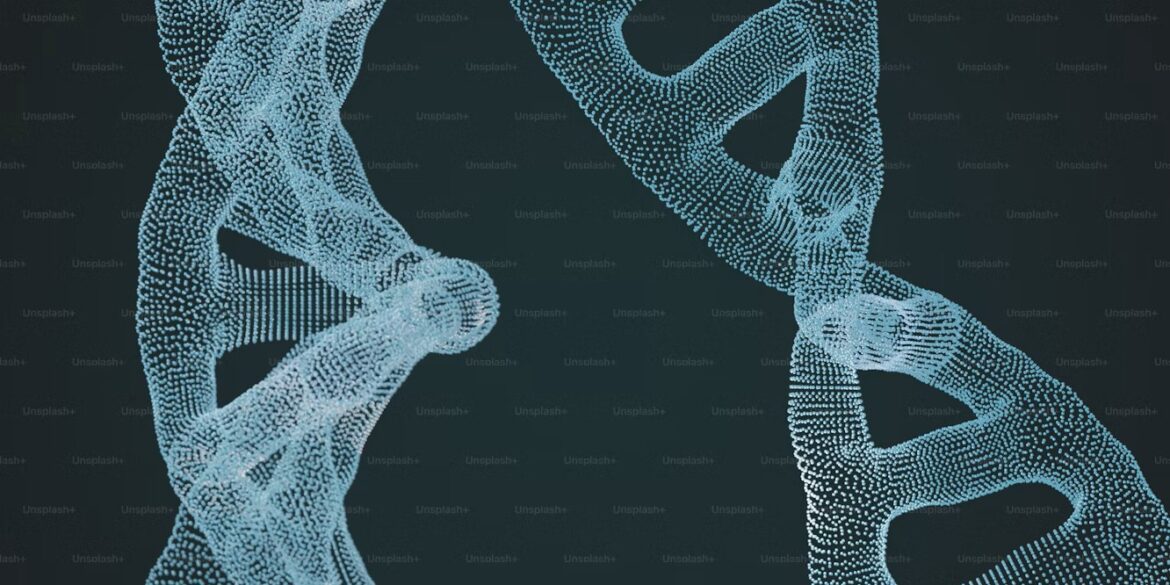Researchers at the Mayo Clinic have made a groundbreaking discovery in the realm of genetics and cancer research. They have identified a protein that plays a pivotal role in the protection and repair of DNA. This protein functions similarly to a “traffic controller” within the cell, ensuring the integrity of the genetic material, which is essential for maintaining the proper function of cells and preventing diseases like cancer.
DNA damage is a significant contributor to many forms of cancer, and protecting DNA from mutations or degradation is crucial in preventing cancerous growths. The newly identified protein is involved in ensuring that genetic material remains intact and can be effectively repaired when necessary. Its role is especially important when cells face stress, such as during division or under environmental factors like radiation, which can lead to DNA damage.
This discovery could have far-reaching implications, not only in understanding the basic mechanisms of cellular function but also in developing new approaches for cancer treatment and prevention. With the protein’s ability to guard against DNA damage, researchers may be able to explore ways to enhance its function or even design treatments that specifically target this protein to improve the repair of damaged DNA in cancer cells.
The Mayo Clinic researchers hope that this finding will lead to more precise cancer therapies. For instance, by manipulating the activity of this protein, doctors might be able to prevent cancer cells from accumulating harmful mutations that could fuel cancer progression. In addition, therapies could be developed to restore or enhance the protein’s function in cells that are prone to genetic instability, which is a hallmark of many cancers.
This discovery also opens up new possibilities for cancer prevention. By understanding the role this protein plays in maintaining DNA integrity, scientists may be able to devise preventive strategies that could help reduce the likelihood of DNA damage before it leads to cancer. Such interventions could be used alongside other preventive measures, offering a more comprehensive approach to reducing cancer risks.
Overall, this protein’s identification marks a significant step forward in the field of genetics, particularly in the fight against cancer. As further research is conducted to understand its full potential, the protein could become a key player in developing novel cancer therapies and preventive strategies. This breakthrough highlights the ongoing importance of DNA repair mechanisms in health, and how harnessing the body’s natural systems may offer new hope in treating and preventing cancer.

